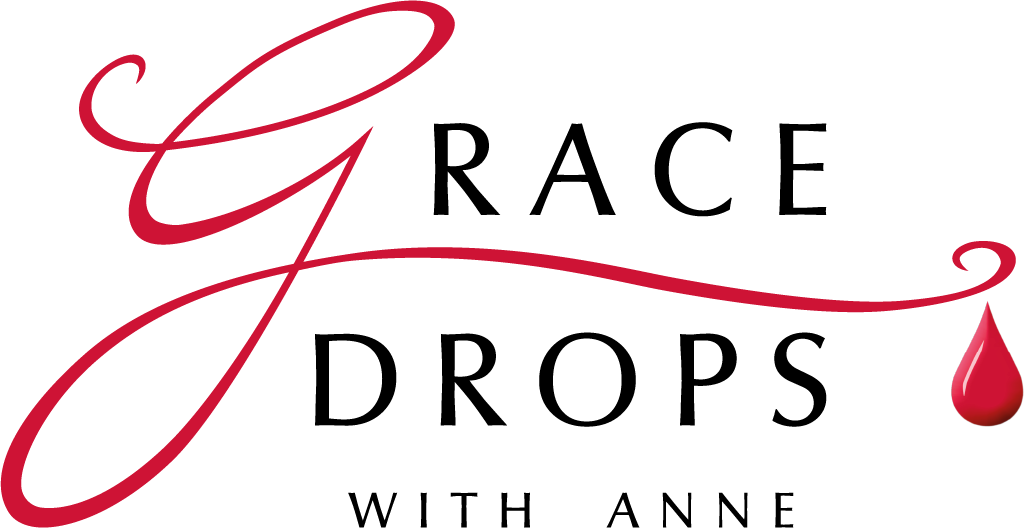Back in sessions 18 and 20, I broached the topic of disappointment in God. So, when we’re looking for consolation and God has, in our estimation, proved Himself less than satisfactory in that regard, what do we do? How do we manage the overwhelming stresses of life? How do we survive without a hysterical breakdown or a screaming tantrum of frustration and anger?
Well, of course, not everyone does. But lots of people reduce the pressure on themselves by taking on some sort of coping mechanism. We can tuck into comfort food, settle back for a day of sport, binge on books or movies, empty a bottle of fine wine or a couple of cans of beer, make ourselves feel better with some new clothes or jewellery, book a holiday, distract ourselves with social media, watch porn, shoot up some drugs, visit a fortune-teller or a prostitute… anything from seemingly innocent to outrightly sinful.
Since we’ve already sidelined God as ‘not sufficient’ to help us through disappointment, we look for comfort via whatever strategies and supports soothe our heartache. It’s a temporary fix but really that’s all we want. So long as the relief lasts until the disappointment fades and we feel able to face the world again, it’s ok.
Such coping mechanisms are, however, much more deadly than we realise. Instead of flinging ourselves into the arms of God when we’re disappointed, we turn our backs on Him and choose to find refuge elsewhere. Once we begin to do this habitually, we have created a mental stronghold, a ‘false refuge’.
Isaiah links false refuges to a covenant with Death, an agreement with hell and the creation of an idol. He prophesies that the people of Jerusalem have boasted:
‘We have cut a deal with Death, and we have made an agreement with Sheol; when the overwhelming scourge passes through, it will not touch us, because we have made falsehood our refuge and have hidden behind treachery.’
Isaiah 28:15 HCSB
This is the real issue behind disappointment with God. Once we cease to make Him our refuge and strength, our high tower, our shield in times of trouble and we seek consolation elsewhere, we forge a covenant with Death, as well as an agreement with hell. We surround ourselves with creature comforts in our false refuge, and start to decorate it with idols that pacify our spirits.
And of course if those calming habits are a cup of tea, a bar of chocolate, a game of golf, why would we ever suspect they have displaced God? We’re far less likely to notice the subtle sin than any obvious and outright rebellion against God. After all, zoning out mentally for a day or two is nowhere near in the same category as using the kids as punching bags.
There is no such thing as a minor false refuge. Each of them, every last one, is a hiding place away from God.
This is Grace Drops and I’m Anne Hamilton. May the Lord Jesus reveal your false refuges today.
Thank you to Lorna Skinner of www.riversofmusic.co.uk for the background music.

TRUE AND FALSE REFUGE
Understanding false refuges is the single most important step towards dealing with the obstacles barring you from coming into your calling. Hidden in the Cleft explains false refuges in more detail and is available as a paperback or an ebook.

